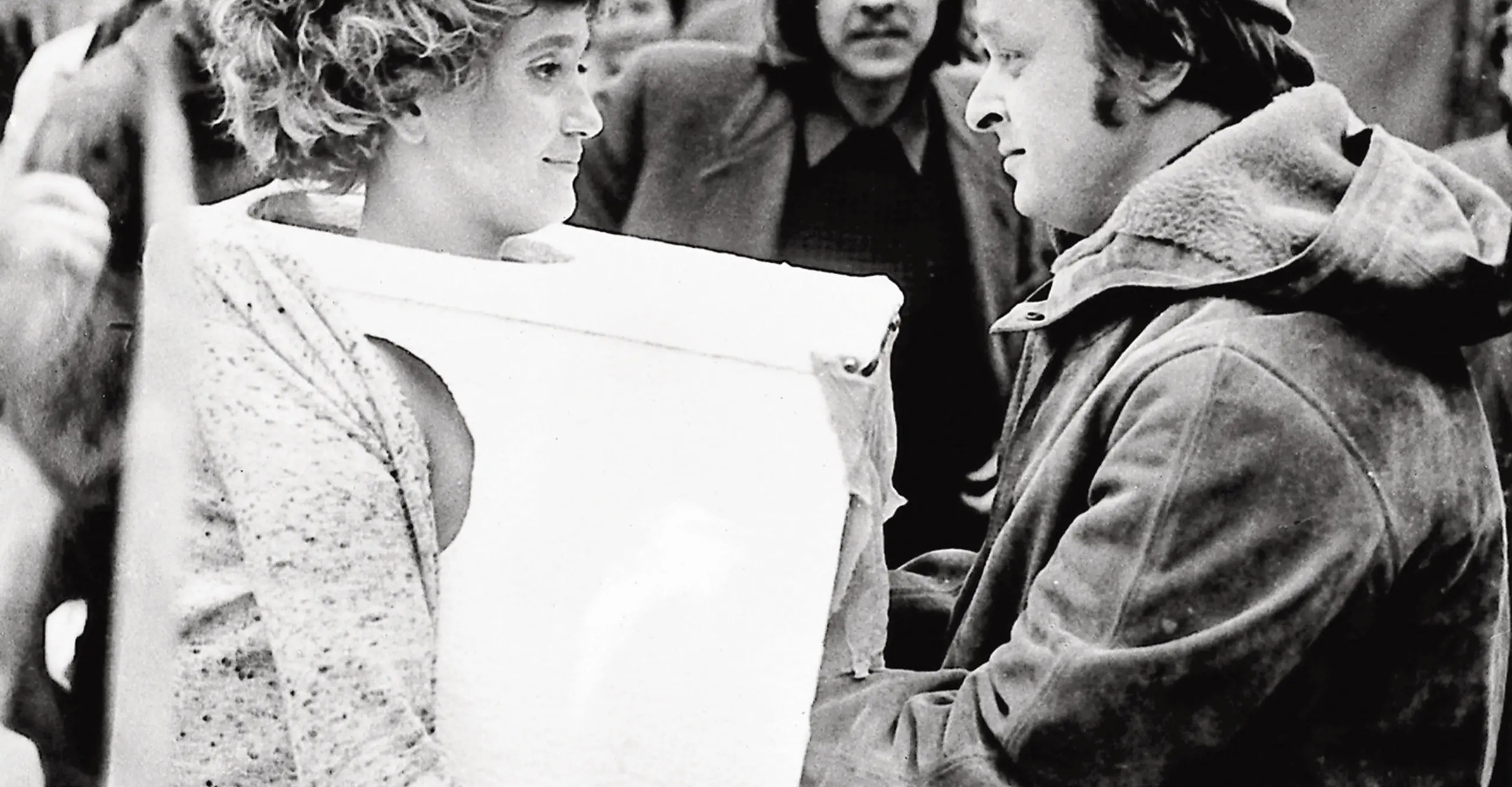This course, coinciding with our exhibition Deborah Turbeville: Photocollage, charts developments in photography history as informed by feminism. In a medium that has often been dominated by male narratives, each week we will look at how feminist theory, intersectionality and social resistance has contributed to photography – from the 1930s to the present day. We’ll look at influential photographers and examine issues of representation, body politics and social justice.
Led by curator Eva Eicker.
Course format
Each online session includes a lecture, followed by group discussion and presentations. You will be provided with lecture slides and other resources, including a reading list.
Who is this for?
The course is open to all who are interested in photography and art. No prior knowledge necessary.
Support for programming provided by MUUS Collection.
Schedule
Session 1: Feminism through the Lens (1930s-1970s) on Mon 11 Nov
Times: 18.30-20.00 GMT
Explore the evolution of the term feminism, and some of its precursors, tracing its meaning and the issues it addressed across generations. We begin with a brief introduction to the history of feminism in art, looking at the male-dominated painting scene in the 1960s that coincided with photography's early entry into institutional collections.
In this session, we will look at the work of Julia Margaret Cameron, Claude Cahun and Francesca Woodman, among others.
Session 2: Art in Action (1960s-1980s) on Mon 18 Nov
Times: 18.30-20.00 GMT
Gain knowledge about this radical period when photographers and artists were challenging traditional roles for women at a time of social and political upheaval. Photography, film and performance were forms of resistance.
In this session we will look at the work of VALIE EXPORT, Martha Rosler, Ana Mendieta and Lorraine O'Grady.
Session 3: Photography in a Postmodern World (1990s-now) on Mon 25 Nov
Times: 18.30-20.00 GMT
See how photographers in the 1990s and beyond explored themes like self-portraiture and body politics. The conversation broadens beyond gender to include race, class and queer identities.
We will examine the practices of Tarrah Krajnak, Catherine Opie and Zanele Muholi.
Session 4: War and Conflict in Photography (1960s - now) on Mon 2 Dec
Times: 18.30-20.00 GMT
Examine how photographers have tackled war and conflict through the lens, bringing forward different perspectives often missing from mainstream narratives.
We will focus on works by influential war photographers, including Letizia Battaglia, Susan Meiselas and Anja Niedringhaus.
Biography
Eva Eicker is a photography curator, living in London. As a photography expert she is focussing on social and cultural issues for a critical engagement with contemporary photography. With a background in Anthropology, Eicker has a keen interest in interdisciplinary aspects such as sound and materiality in relation to photography. Amongst others, she curated the exhibitions Taylor Wessing Photographic Portrait Prize 2022 and In Focus: Jeano Edwards at the National Portrait Gallery, London (2022); Anna Barriball and Dirk Braeckman at KINDL – Centre for Contemporary Art, Berlin (2020). During her time at The Photographers’ Gallery (London) she has curated the Deutsche Börse Photography Foundation Prize for many years; as well as Noemie Goudal: Southern Light Stations (2016) and Gregory Crewdson: Cathedral of the Pines (2018). She has also held positions at Studio Tacita Dean, Magnum Photos London; Haus der Kunst Munich; Hauser & Wirth; London, and The Museum of Modern Art (New York City).
Details on how to access the sessions will be confirmed upon registration. Please check your junk folders if you haven't received an email from TPG staff confirming your place.
Bursaries
A number of partial bursaries covering 50 per cent of course fees will be awarded on a first come basis. Applicants who wish to be considered for a partial bursary should submit a statement (max. 500 words) to projects@tpg.org.uk, outlining how Course: Feminist Perspectives in Photography would contribute to their professional development. Successful applicants will be notified within a week of submission.
We actively encourage applications from groups who are currently underrepresented in the cultural sector in the UK. This includes people who identify as D/deaf, disabled* and neurodivergent; those with caring responsibilities; candidates from Black, Asian and ethnically diverse backgrounds; and arts and culture professionals whose career development has been negatively impacted by Covid-19, prioritising independent artists, freelancers and those made redundant/at risk of redundancy since 2020.
*The Equality Act 2010 defines a disabled person as someone who has a physical or mental impairment, and the impairment has a substantial and long-term adverse effect on their ability to carry out normal day-to-day activities. Sharing that you are disabled will not be used in any way in judging the quality of your application.
Ticketing
By booking for this event you agree to our Terms & Conditions.




